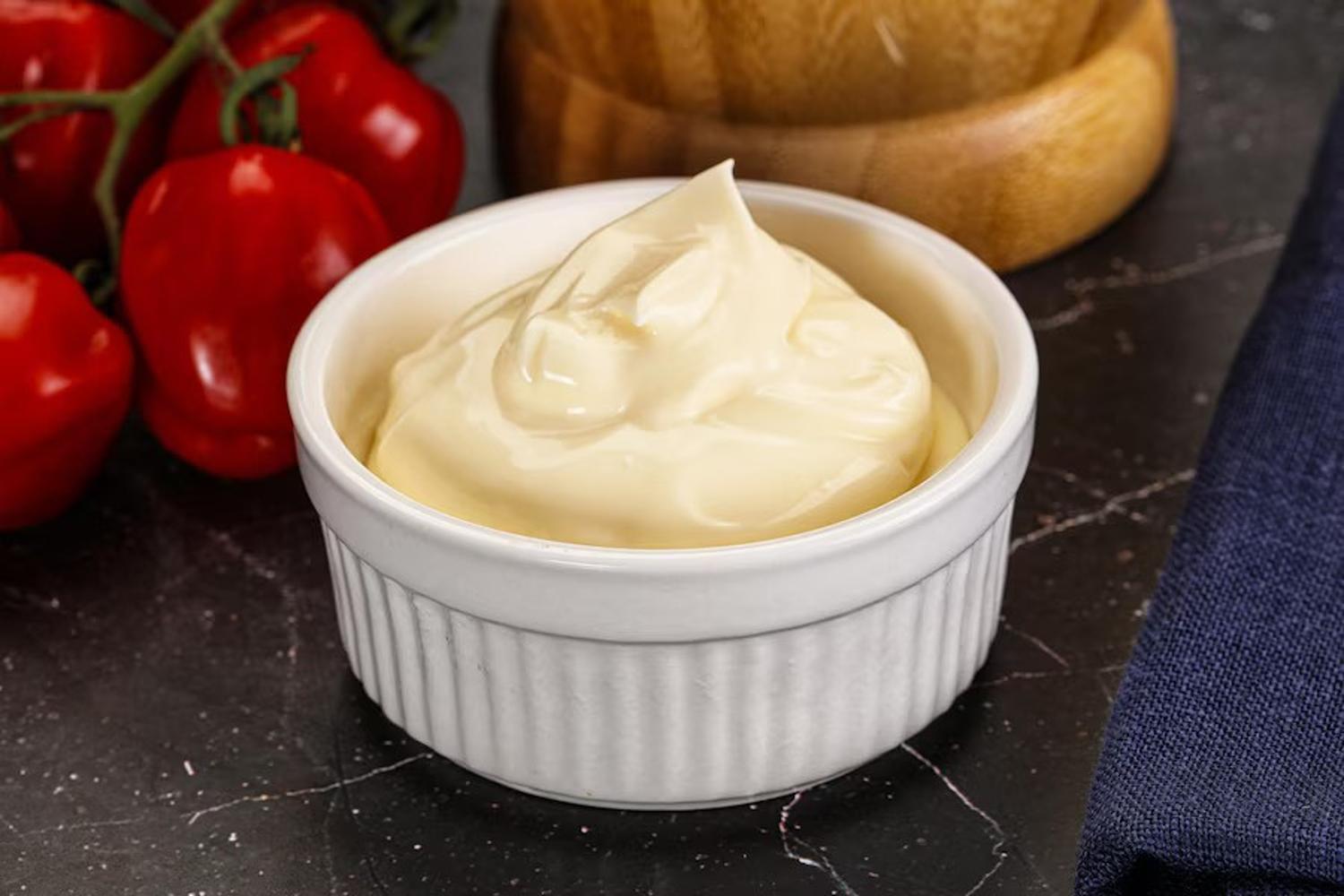More than 55 million people worldwide are currently living with dementia, and sadly, the majority of those people will eventually die from dementia-related causes.
Because dementia affects so many, medical researchers from around the world have been working tirelessly to find out what, if anything, can be done to prevent the degenerative disease and decrease its mortality rate. One group of researchers may have found an answer: olive oil.
What Is Dementia?

There are many forms of dementia, but each of the diseases, from Alzheimer’s to vascular dementia, is a degenerative condition that limits a person’s ability to think clearly, perform daily tasks, problem-solve, or even remember who they are.
Dementia can affect everyone a little differently. Because it is a degenerative disease, sometimes its symptoms arrive slowly over several years, while in others, it becomes debilitating very quickly.
Causes of Dementia

What’s challenging for medical professionals is that there are seemingly infinite causes of dementia.
Old age, diabetes, brain damage, genetics, exercise, alcohol, diet, depression, heart disease, air pollution, sleep deprivation, certain medications, and nutrient deficiencies have all been proven to cause dementia.
Your Diet Can Drastically Affect Your Chances of Developing Dementia

While some of these causes, such as age and genetics, cannot be changed, some can. Specifically, doctors say that focusing on a healthy diet can absolutely decrease one’s chances of developing dementia.
Many doctors say that following a healthy diet, which includes fish, vegetables, fruits, and healthy oils, can reduce dementia risk. However, researchers have been working to find a more concrete answer, including foods one should and should not eat to fight off dementia.
One Study Assessed the Effects of Olive Oil on Dementia

One study, published in May 2024 in the JAMA Network Open Journal, explored the connection between olive oil and a Mediterranean diet in dementia-related deaths.
The study followed 90,000 subjects and noted their olive oil intake alongside their general diet. It noticed something interesting: Those who consumed olive oil were less likely to die of dementia-related causes.
Half a Tablespoon of Olive Oil Reduced the Risk of Dementia-Related Death

The study’s authors, led by Anne-Julie Tessier, RD, PhD, of the Harvard T.H. Chan School of Public Health in Boston, found that those who consumed at least seven grams or a half tablespoon of olive oil each day were less likely to die of dementia-related causes.
In fact, compared to those who never or rarely consume olive oil, those who did reduced their risk of dementia-related death by a whopping 28%.
Replacing Margarine or Mayonnaise with Olive Oil

The study also noted that those subjects who replaced five grams of margarine or mayonnaise with the equivalent amount of olive oil daily lowered their risk of dementia mortality by 8-14%.
They also explained that while they saw a drastic change in those who replaced these products with olive oil, there was no difference in subjects who replaced them with butter or other vegetable oils.
How Does Olive Oil Prevent Dementia Mortality?

Of course, the next logical question is how something as simple as olive oil could reduce dementia mortality so significantly.
Dr. Tessier explained, “As part of the Mediterranean diet, olive oil may exert anti-inflammatory and neuroprotective effects due to its high content of monounsaturated fatty acids and other compounds with antioxidant properties such as vitamin E and polyphenols.”
Olive Oil Is Good for the Brain and the Heart

It’s important to note that while Dr. Tessier and her colleagues believe olive oil is unquestionably good for the brain, it’s also very good for the heart.
And because several kinds of dementia, including Alzheimer’s, can lead to cardiovascular disease, olive oil can help reduce the chance of that adverse side effect.
The Study Is Not Without Flaws

The study’s co authors admitted that their data possibly had a few flaws. First, those subjects using margarine or mayonnaise instead of olive oil were opting for products with hydrogenated oils.
As the study was conducted for 28 years between 1990 and 2018, partially hydrogenated oils (PHOs) were still allowed in American products. However, the Food and Drug Administration (FDA) banned PHOs in 2015.
The Study Did Not Account for Socioeconomic Factors

Additionally, the study did not account for the subjects’ socioeconomic status. The vast majority of the 60,582 women and 31,801 men were white and their income, jobs, and family lives were not taken into account.
Therefore, there may be other forces at play that reduced the dementia mortality rate in certain patients, other than the consumption of olive oil.
Should You Switch to Olive Oil?

More research certainly needs to be conducted to confirm whether the consumption of olive oil can, in fact, reduce one’s chances of a dementia-related death.
However, this study is undoubtedly important and shows at least some correlation between olive oil, brain health, heart health, and dementia-related deaths. So, should you switch to olive oil? Only you and your doctor can answer that, but it may not be a bad idea.








































